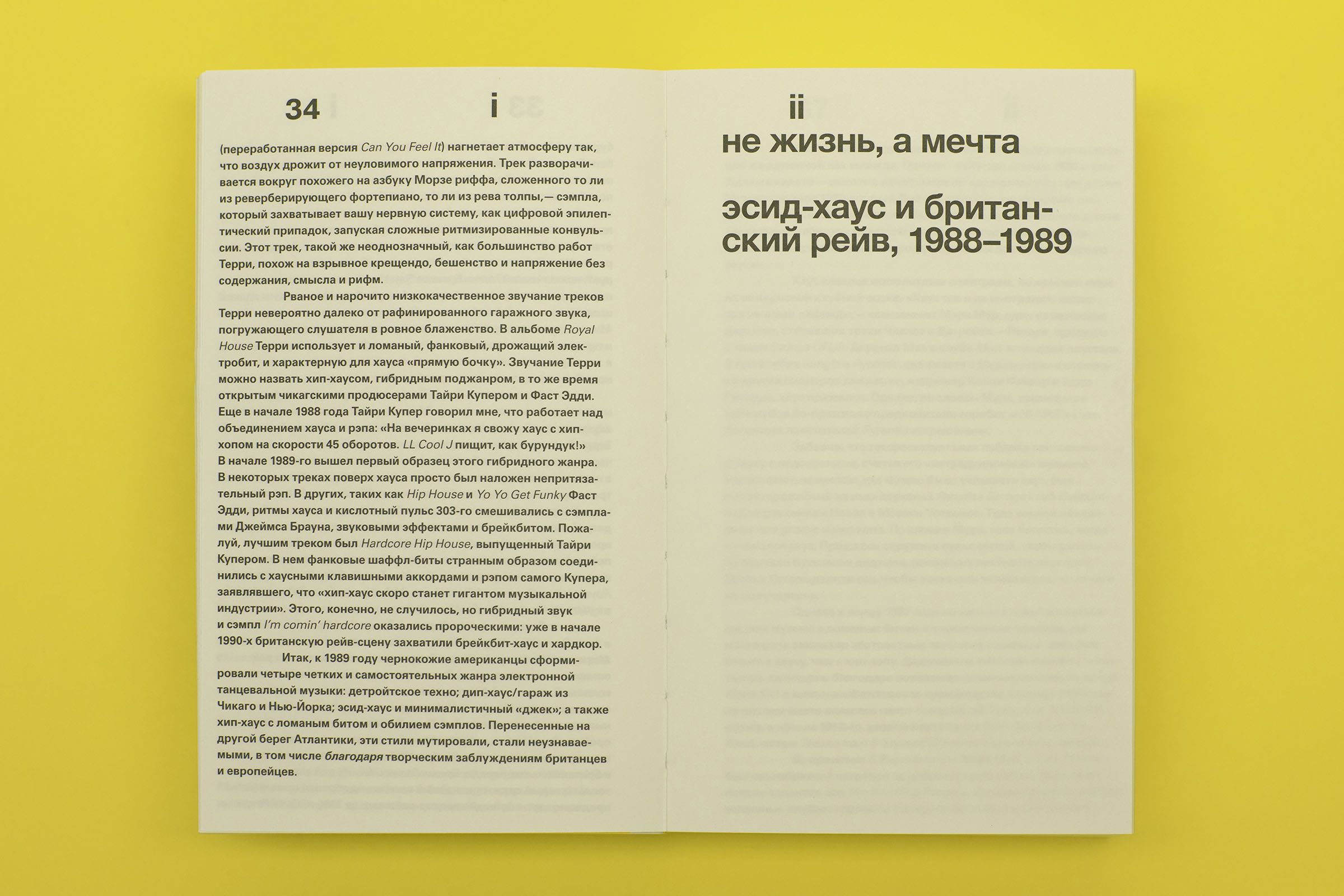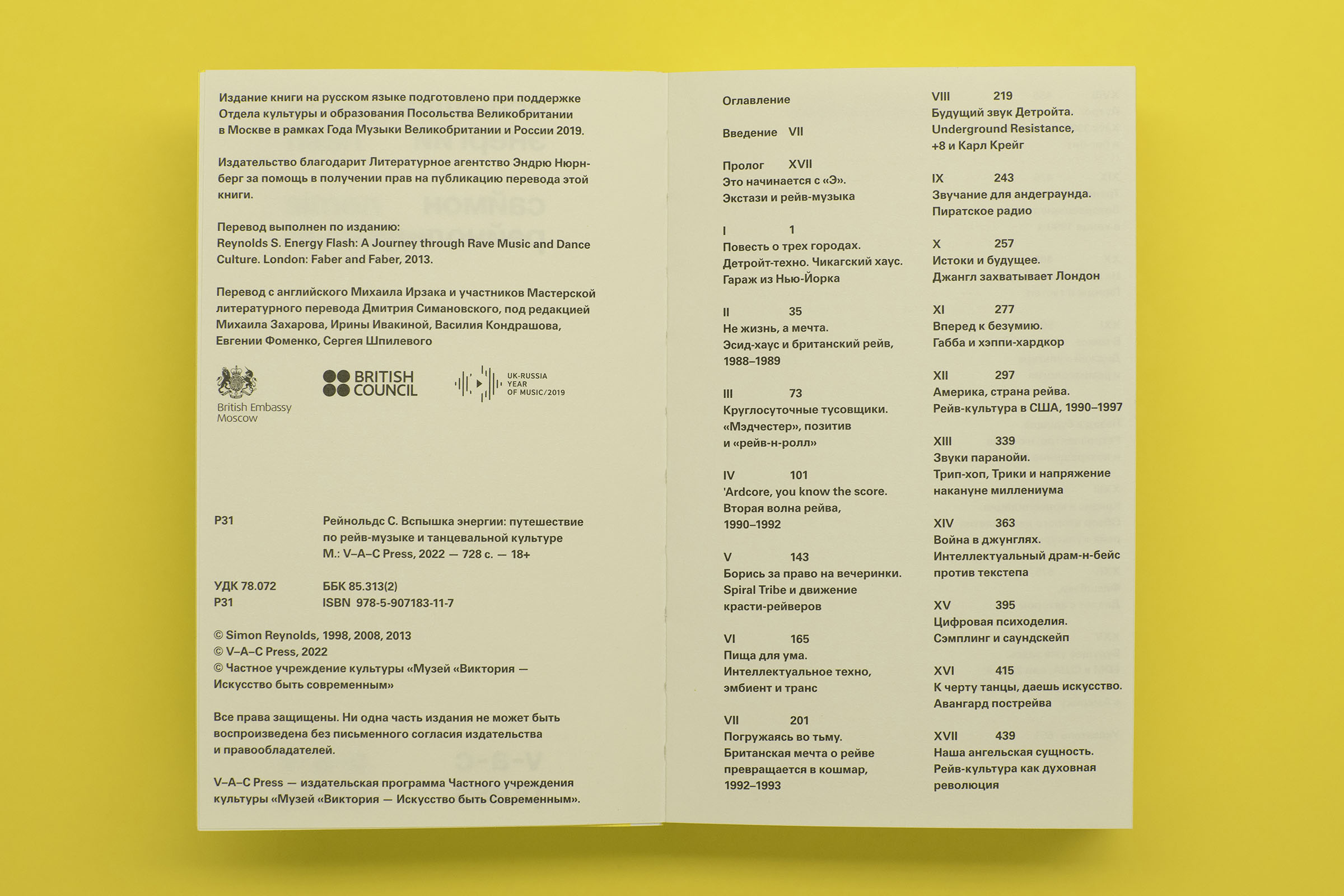Simon Reynolds.
Energy Flash: A Journey through Rave Music and Dance Culture
An analysis of the culture, history, and genealogy of rave by the contemporary British music critic.
In Energy Flash: A Journey through Rave Music and Dance Culture, Simon Reynolds offers a detailed history of dance music that begins with Chicago house and Detroit techno and passes through Manchester and Ibiza, the anarchic free-party scene and the pirate-radio underworld of jungle before ending with an exploration of genres that shaped the 2000s, such as grime and electro.
Rave culture, closely related to the “ecstatic” culture of MDMA, became a stumbling block for politicians and arbiters of morality on both sides of the Atlantic in the late twentieth century. This elusive world of illegality and freedom attracted and aroused anxiety, acquiring a mystical, cult aura.




Simon Reynolds (b. 1963) is a British music critic. He is the author of Rip it Up and Start Again: Postpunk 1978–1984 (London: Faber & Faber, 2006) and Retromania: Pop Culture’s Addiction to Its Own Past (New York: Farrar, Straus and Giroux, 2011).
Dance moves spread through the crowd like superfast viruses. I was instantly entrained in a new kind of dancing—tics and spasms, twitches and jerks, the agitation of bodies broken down into separate components, then re-integrated at the level of the dancefloor as a whole. Each sub-individual part (a limb, a hand cocked like a pistol) was a cog in a collective “desiring machine, ” interlocking with the sound-system’s bass-throbs and sequencer-riffs. Unity and self-expression fused in a forcefield of pulsating, undulating euphoria.
– Simon Reynolds, excerpt from the introduction to Energy Flash: A Journey through Rave Music and Dance Culture
Reynolds passionately and attentively describes the key musicians, producers, DJs, and promoters who created the soundtrack of an entire generation, and addresses the social and political context of the era: how did the class divisions of English society, Thatcherism, and the war on drugs declared by the American government shape the “comfort culture” of rave that swept the world?
Translators
Mikhail Irzak
Members of Dmitry Simanovsky's Literary Translation Workshop
Editors
Evgenia Fomenko
Irina Ivakina
Vasily Kondrashov
Sergey Shpilevoy
Mikhail Zakharov
Design and layout
Vasily Kondrashov